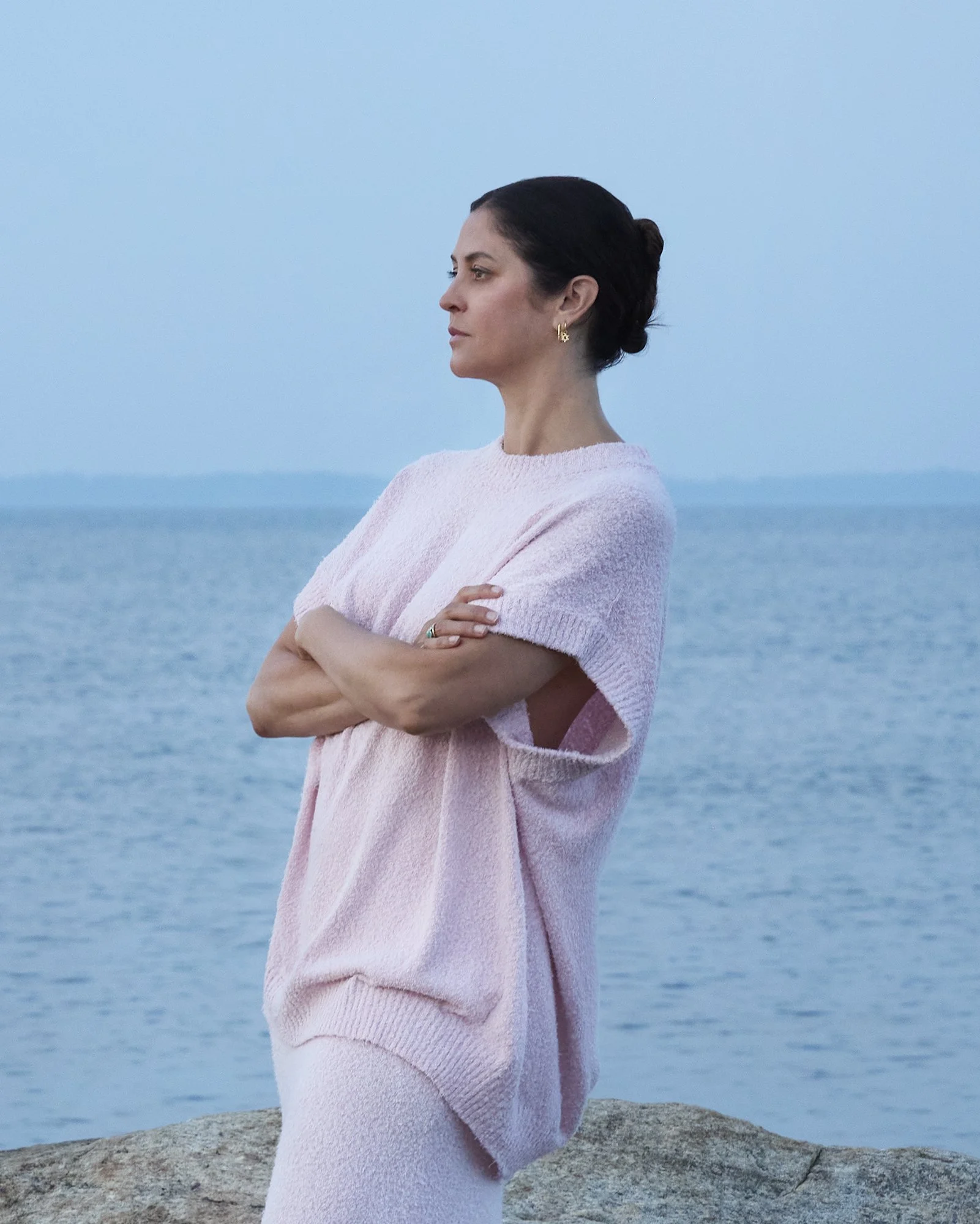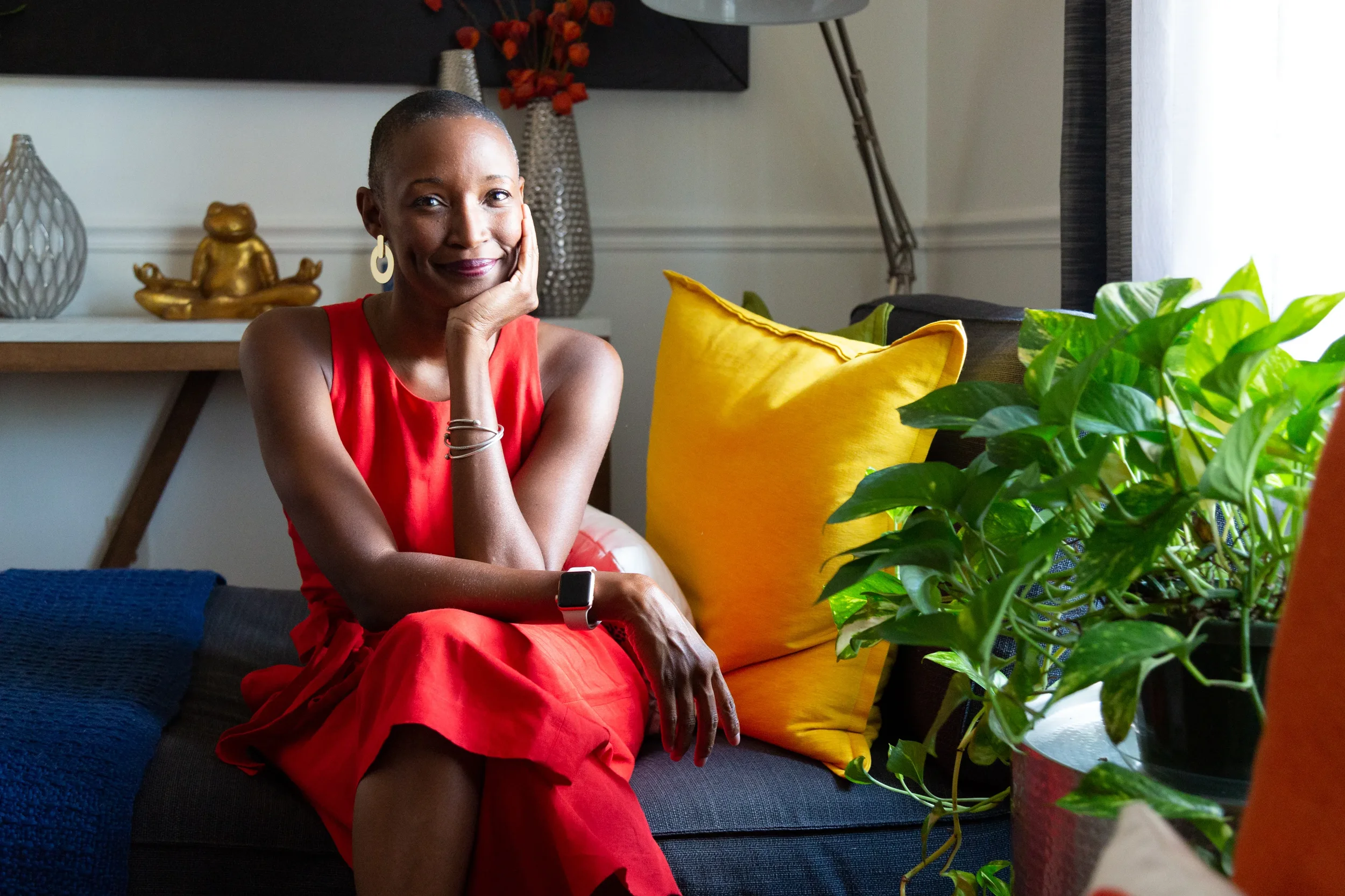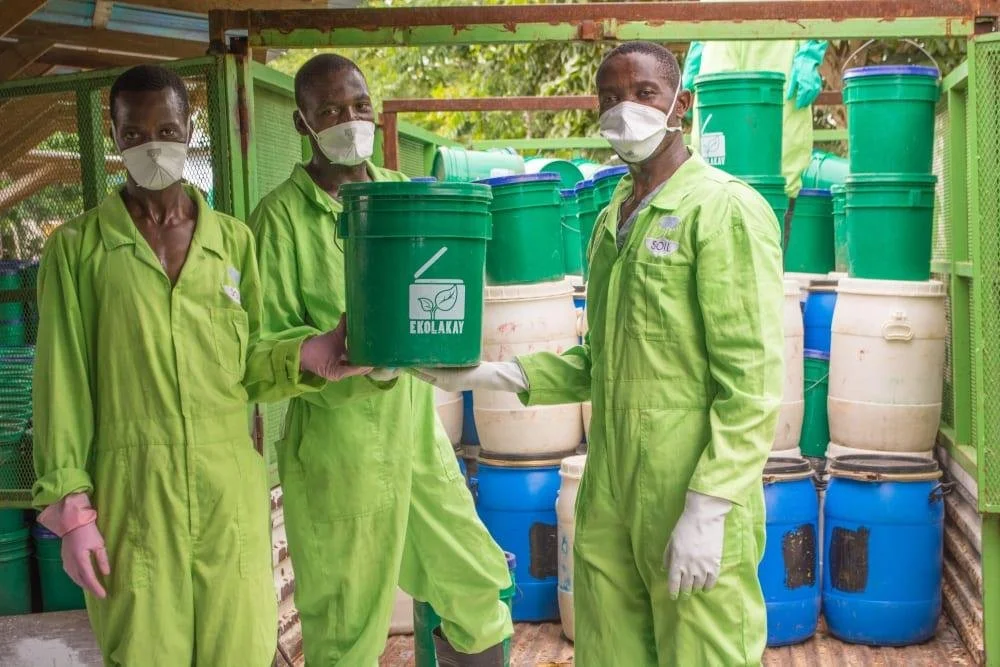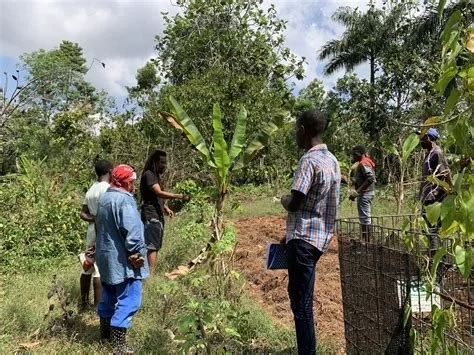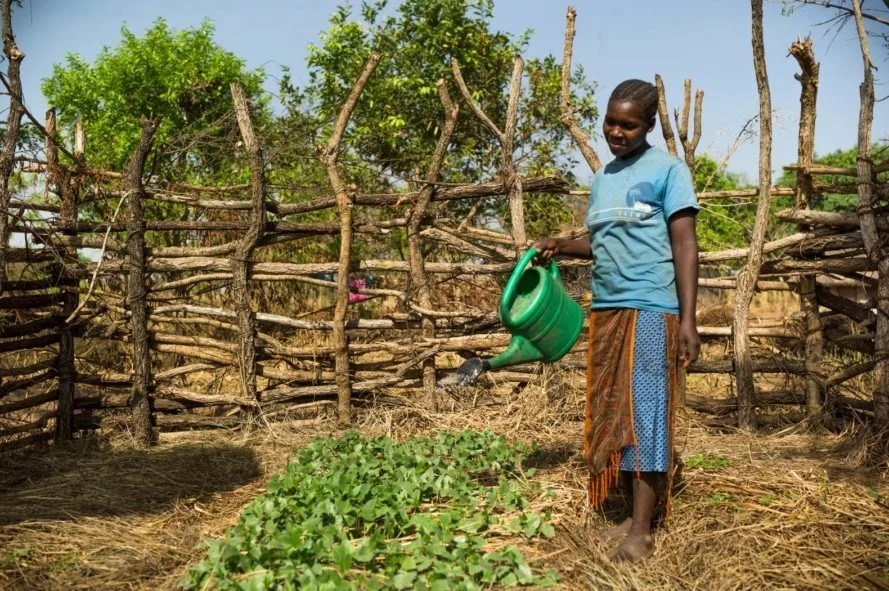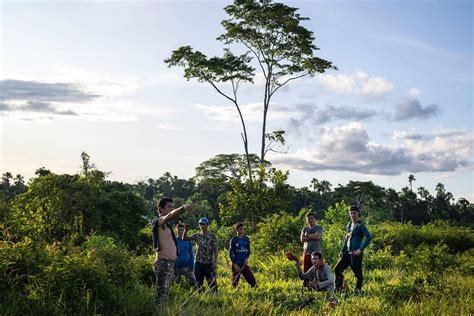The 10 Principles of Next Economy Enterprises serve as critical guideposts for designing organizations from a socially just and environmentally regenerative perspective. They are emergent and malleable, derived from work with hundreds of social enterprises. Here is an outline of the 10 principles:
10 Principles of Next Economy Enterprises
1. Meet Basic Needs This principle prioritizes providing human-centered essentials like nourishing food, clean water, shelter, and medicine. It directly challenges the Business as Usual (BAU) economy, which is geared toward fulfilling greed rather than human need, by providing essentials without destroying habitat and ecosystems. Enterprises adhering to this principle also look for ways to consider ecosystem repair as an impact outcome of their business functions.
2. Share Ownership Sharing ownership ensures that traditionally underrepresented groups—including people of color, women, and immigrants—benefit from the ownership of their labor and ideas. This principle encourages organizations to confront existing systems of wealth concentration and build cross-racial, multi-gendered, and multicultural models of ownership. This often manifests in structures like worker-owned cooperatives, Employee Ownership Trusts (EOTs), or Employee Stock Ownership Plans (ESOPs)
3. Democratize Governance This involves creating an explicitly non-hierarchical, democratic, and inclusive culture within the organization. By engaging and trusting staff as "sensors and actors in the system" and involving them directly in decision-making, organizations can achieve greater stability and longevity. When democracy is practiced consistently in the workplace, individuals are empowered, which leads to greater support for implementation of decisions.
4. Support Local Communities This principle aims to build a resilient, locally self-reliant economy by countering the over-centralization and fragility inherent in the BAU economy. Local businesses tend to recirculate assets back into the community at a significantly higher rate than national chains, supporting local economic ecosystems and fostering community wealth (the "multiplier effect"). Moving deposits from large corporate banks to local community banks and credit unions is also a strategy that supports local lending.
5. Integrate Education This principle seeks to reverse overspecialization by empowering so-called consumers to become producers through embedding education on "how to do or make something" into the product or service. By sharing solutions open source, organizations provide people with the knowledge to meet more of their own needs, which allows the enterprise to move on to solving the next set of problems. This gives satisfaction and security to individuals who can provide for themselves and their community.
6. Promote Open Source Open sourcing moves away from leveraging intellectual property for outsized returns (the BAU paradigm), recognizing that valuable solutions can be an intellectual contribution to humanity. Instead of growing one company larger ("rapid scaling"), growth is achieved through decentralized, regional replication of information and organizational models adapted to local economies of scale. Open source should include attribution and acknowledgment, and sometimes generous compensation, particularly to marginalized groups whose contributions have historically been erased.
7. Embody Transparency Transparency requires organizations to share real data, truth, and challenges with staff, fostering collective intelligence and collaborative problem-solving. This counteracts the traditional belief that power and critical information must be concentrated at the top, instead building loyalty, accountability, and trust. A clear manifestation is Open Book Management (OBM), where team members are trained in financial literacy and manage metrics related to their roles.
8. Regenerative Operations This principle requires using a systems design lens to ensure that every interaction—from supply chains to operations—generates a net positive benefit for people and natural ecosystems. This includes sourcing regeneratively grown raw materials, designing buildings with carbon sequestering materials, and considering processes that are reciprocal, restorative, and reparative to enhance the life-giving capacity of a place. The goal is to avoid operations that perpetuate harm and instead enhance biodiversity, restore watersheds, and increase soil fertility.
9. Supports movement building for broader systems change Successful organizations must engage in interdependence and collective action to achieve system-wide transformation, as independent success is insufficient to solve entrenched problems. Enterprises can leverage their resources to align with and organize around broader movements to influence governance structures, policies, and laws. Examples include advocating for the creation of public banks, land-back policies, or mandating true-cost accounting.
10. Supports personal growth and development This principle posits that the workplace should be treated as a crucible for personal advancement and fulfillment. Organizations invest in advancing the health, emotional intelligence, conflict transformation skills, and overall personal goals of team members, viewing this as a long-term investment. The goal is to become a "Deliberately Developmental Organization" (DDO), where an aspirational culture inspires greater performance and sustained positive impact.



